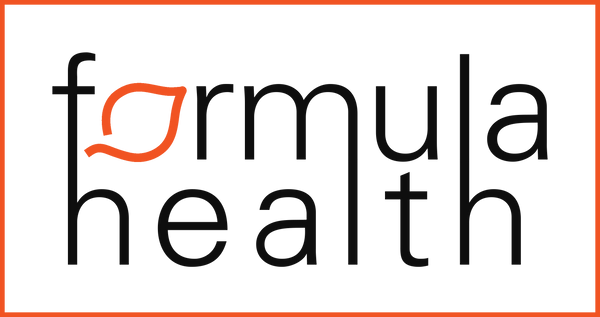
5 Signs You Are Not Getting Enough Nutrition
Share
Getting adequate essential nutrients which include vitamins and minerals has a big impact on your overall wellness. These nutrients can be found in the food and drinks you consume daily. If you have a poor diet, your body will try to communicate through various signs. It is important to know what these signs are so that from there, you could take the necessary steps to improve your diet.
- Thinning Hair
There are many factors that can cause the thinning of hair. An essential nutrient that helps support the hair roots is iron. If your hair becomes brittle and thin, you should start checking if your diet includes iron-rich foods such as lentils, green leafy vegetables, nuts, seeds and dates.
- Bad Breath
When the body is lacking in glucose for energy, it will burn the stored fats which in turn results in the buildup of ketones. Ketones can cause bad breath. If you notice your breath more often than it may be a sign that you are not getting enough carbohydrates in your diet. Remember to keep snacking throughout the day if you don’t get a chance for a sit-down meal.
- Constipation
If you are often constipated, it is also telling you that you need more fiber and water in your diet. If this happens, try to add more wholegrain, nuts, seeds and leafy greens in your diet. As well as fibre, they contain plenty of water and hydrating minerals.
- Cracks on the corners of the mouth and sores on the lips
Occasional cracks on mouth or sores on the lips are normal but if you frequently have them, it could be a sign of B vitamin deficiency. Long term deficiency could result in a number of nervous system and hormone imbalances. As well s increasing vegetables and fruits, try adding some Nutritional Yeast to your diet and a couple of teaspoons of Green Boost for added support
- Dry and parched skin
Sometimes the weather may cause our skin to by parched and dry. However, if your skin feels dry and flakier than normal, it could be a sign that you need more omega-3 fatty acids in your diet. Omega 3s are responsible for nourishing the skin and keeping it moisturized. You could avoid this deficiency by eating omega-3 rich foods such as sardines and salmon, nuts and seeds.
More importantly, listen to your body. It’s always telling you what you need.
